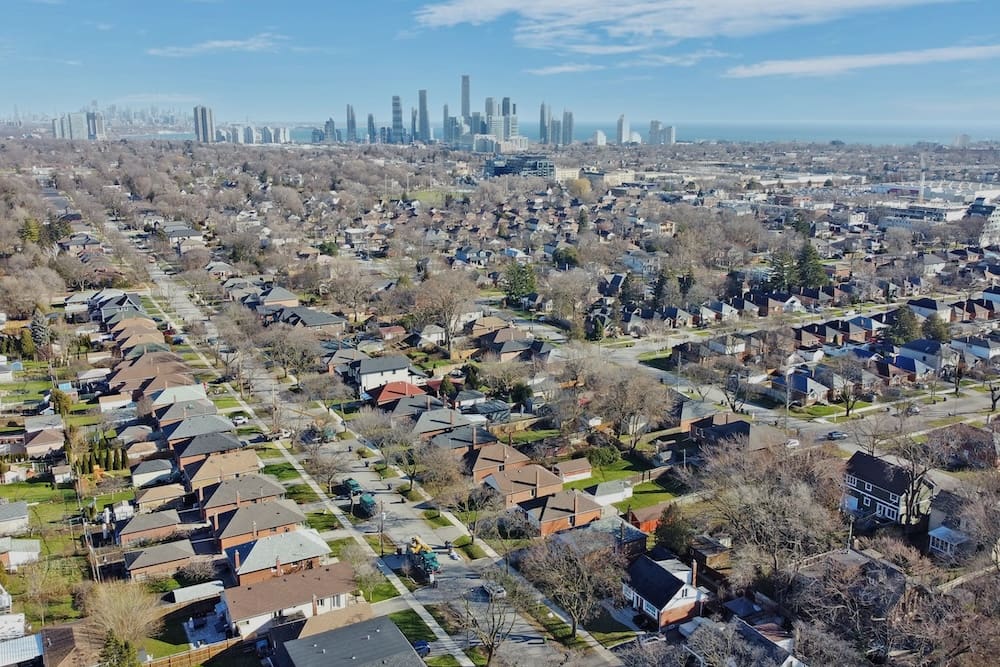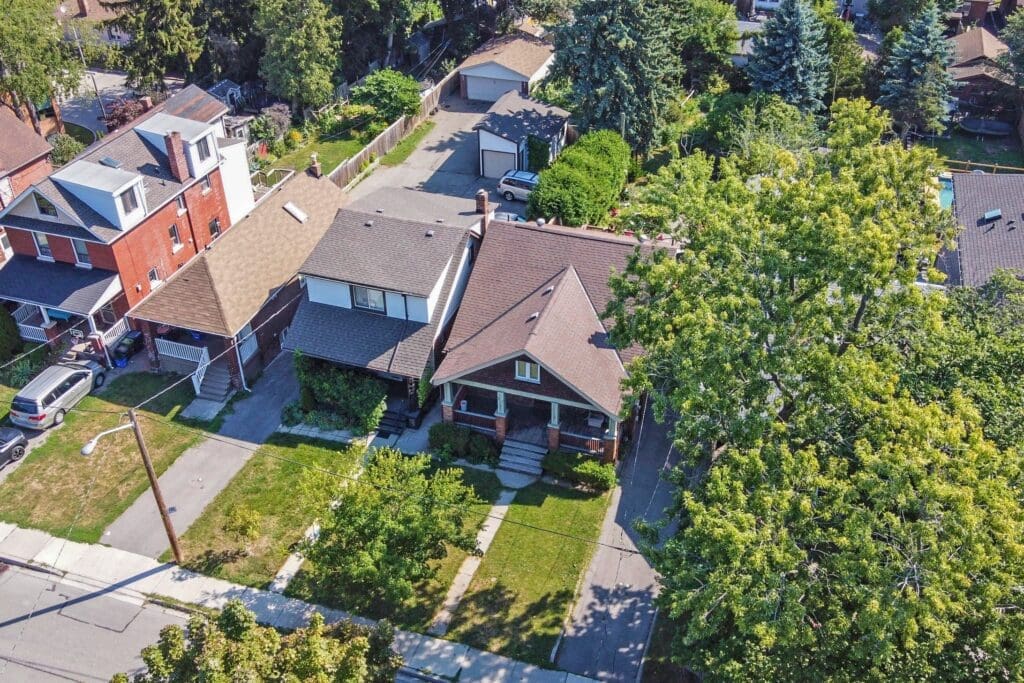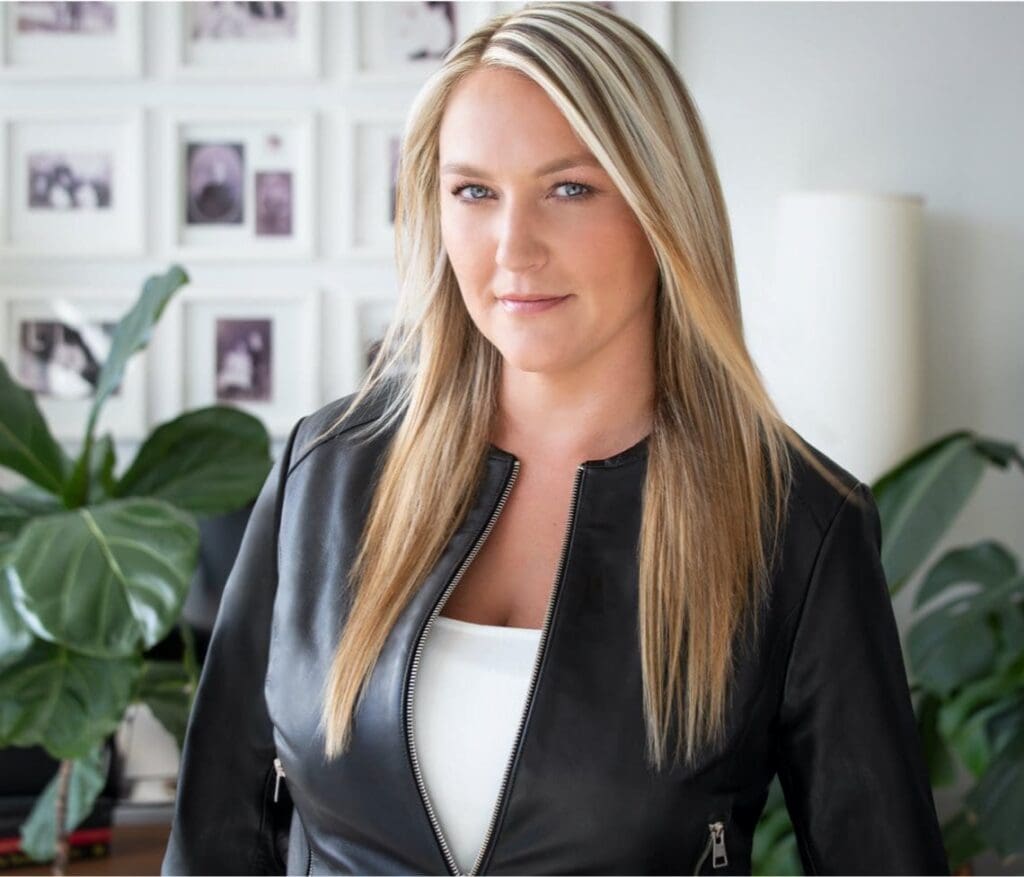Placing an offer on your dream home can be exciting but also terrifying. 2021 was a whirlwind in the Canadian real estate market, and 2022 looks to continue a fast pace.
If you want to succeed in buying a new house, you have to be prepared to act fast. Some buyers are dropping most, if not all, conditions on their offers to be more competitive.
Looking for an agent who can protect your interests while helping you find a great home? Call or text me at 647-239-7587 or send me an email at melissa@southetobicoke.com to get started.
Types of Conditions and What They Mean
Financing: Most people want to feel confident that they can afford the monthly payments before they commit to buying property. There was a time when home buyers would use financing as a condition of sale. Now, to compete with other buyers, you should get pre-approved ahead of time.
Closing Costs: Once a sale is completed, there are closing costs like land transfer taxes, legal fees and title insurance. These costs range from 1.5 – 4% of the total sale and can add up quickly. Buyers often try to negotiate to share these costs with the seller.
Home Inspection: Getting a home inspection is another common condition of sale. No one wants to move into a new home only to discover cracks in the foundation or that the plumbing is outdated. A sale conditional upon inspection can save a lot of money and frustration on moving day. However, remember that sellers often receive many offers, so you’ll have to be selective about your conditions.
Fixtures and Appliances: Sellers usually leave the fridge, stove, washer and dryer behind when they move, but there’s no guarantee. If you have your heart set on the appliances, chandeliers or curtains, you can put them in as a condition.
Want to know more about how to successfully navigate the challenges of buying in a tough market? Here are some of my other guides:
Why Buyers Add Conditions to Offers
If any conditions fall through, you can back out of the sale and keep your deposit. These terms can save you a lot of heartbreak if it turns out the home is not what you expected.
In today’s competitive market, however, there are disadvantages. The more conditions you have, the more likely the seller will dismiss your offer and move on to the next. Buyers often have to drop most stipulations to convince the seller to accept an offer.
However, even if you drop every other requirement, you may still want to subject your offer to a “condition on sale.”
This term states that your offer is only valid if you can sell your existing property.
Why does this matter?
Unless you’re one of the lucky few who can afford to pay cash, the “condition on sale” clause protects you from getting in over your head financially.
Why “Condition on Sale” is a Good Idea
If your current home doesn’t sell, you walk away with your deposit back.
While some conditions put you at a disadvantage when putting in an offer in today’s market, this one isn’t usually a dealbreaker for sellers. Most buyers still put forth this requirement when placing an offer.
You’ll have less stress and sleep better at night knowing you’ll have the funds to purchase your new home.
The downside, of course, is that another buyer might swoop in with an unconditional offer, and you might miss out. Placing an unconditional offer may be the edge you need to land your dream home.
Should You Risk It?
The reality is it’s highly improbable that you won’t be able to sell your house in this current market. Listings are few and far between, and homes often receive multiple offers and start bidding wars.
On the other hand, if your house doesn’t sell, doesn’t sell on time, or sells for less than you anticipated, you might have to back out of the sale. A real estate transaction is a legal contract. Breaking the contract can have significant repercussions and even hurt your chances of buying a different house later on.
One thing is certain: You’ll lose your deposit if you back out of an unconditional offer. This idea is stressful, no matter how unlikely the scenario is.
Whether you take the chance depends on your situation and comfort level. The risk may be acceptable if you have the finances to carry two mortgages for a short time.
If you desperately want to buy a house, but don’t want to risk placing an unconditional offer, there is another little-known option.
How the “Escape Clause” Can Help You Buy Your House
An “escape clause” is an agreement in the contract designed to benefit the seller, but you can use it to your advantage. How does it work? It allows the seller to back out of the sale after they’ve accepted a conditional offer. Under the escape clause, the seller has to notify you if another buyer offers them a better deal.
You can then decide to waive your conditions and buy the house or back out of the sale without penalty.
Negotiating an escape clause into the contract is one way to make your offer competitive without the risk of making it unconditional.
No matter what you decide, it’s always wise to consult with a real estate agent before signing any legal documents. Real estate contracts and agreements can get complicated.
Looking for an agent who can protect your interests while helping you find a great home? Call or text me at 647-239-7587 or send me an email at melissa@southetobicoke.com to get started.

Want to know how much homes in South Etobicoke are selling for?
Sign up for my Sold Report.








